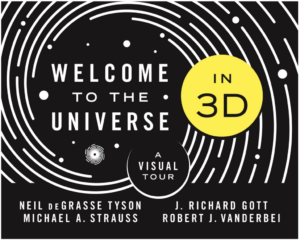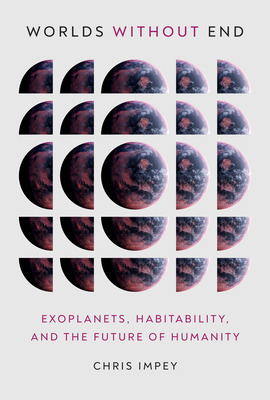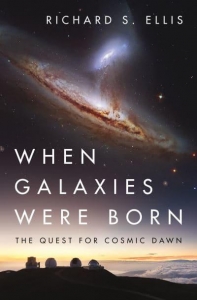“Welcome to the Universe in 3D: A Visual Tour” with Neil deGrasse Tyson
Astronomy tells the story of humanity’s journey from viewing the sky as a flat, two-dimensional dome to understanding it as a vast, dynamic, and ever-expanding three-dimensional universe. This narrative of progress reflects not only advances in scientific observation and technology but also a profound shift in how we perceive our place in the cosmos. This enduring story has been told through countless books, brought to life in words, and crafted into both prose and poetry. But imagine a book that goes beyond simply telling the tale—a book that invites you to actively engage with it, exploring the depths of the universe as unveiled by the most advanced astronomical research and discoveries of our time.
The book “Welcome to the Universe in 3D: A Visual Tour” invites you on a captivating journey through the observable universe, showcasing some of the most awe-inspiring sights in the cosmos—in stunning 3D. Featuring a dazzling collection of stereoscopic color images, the book brings the universe to life like never before. With a special stereo viewer conveniently folded into the book’s cover, you can experience your cosmic surroundings in a breathtaking new dimension. In this episode of Bridging the Gaps, I speak with Dr Neil deGrasse Tyson, one of the authors of this fascinating and truly one-of-a-kind book.
Neil deGrasse Tyson is one of the leading science communicators in the world. He leads the world-renowned Hayden Planetarium of the American Museum of Natural History in New York City where he is the first occupant of its Frederick P. Rose Directorship. He is also a research associate of the Museum’s Department of Astrophysics.
Neill DeGrasse Tyson appeared as the on-camera host of NOVA ScienceNOW for five seasons, beginning in the fall of 2006. He served as Executive Science Editor and on-camera Host & Narrator for Cosmos: A SpaceTime Odyssey, the 21st century continuation of Carl Sagan’s landmark television series. He later returned as the host for the following season of Cosmos, titled Cosmos: Possible Worlds.
In the summer of 2009, Tyson assembled a group of professional stand-up comedians to help him bring science to commercial radio through the NSF-funded pilot program StarTalk. This initiative has since evolved into a widely popular podcast.
Tyson has been awarded 27 honorary doctorates and the NASA Distinguished Public Service Medal. His contributions to science are commemorated with the naming of asteroid “13123 Tyson” and an Indian leaping frog species, “Indirani tysoni”.
We begin by exploring the origins of the idea for a book featuring a built-in stereoscopic viewer. This leads to a fascinating discussion about the science and technology behind creating 3D stereoscopic images, which come to life through the intricate work of the human brain. The conversation then delves into the intriguing concept that objects in the night sky, which appear as if pasted on a flat, two-dimensional dome, were eventually understood to exist in a universe with depth.
We reflect on humanity’s initial realization that the sky is not a simple two-dimensional surface, discussing how we came to understand the universe’s true three-dimensional nature. The concept of parallax, a key to this revelation, is also explored. Moving on, we examine some of the book’s most captivating images, each showcasing the depth and wonder of the cosmos.
Our discussion broadens to address the current challenges of science communication in an era of misinformation and disinformation. We touch on the critical role of policymakers in promoting science as a societal good. Looking ahead, we consider the future of space exploration and humanity’s place among the stars.
This has been a captivating and enlightening conversation, filled with moments of Neil deGrasse Tyson’s signature laughter. We conclude with his inspiring words: “Very happy to help you and others bridge whatever gaps need bridged.”
Complement this discussion with “The Joy of Science” with Professor Jim Al-Khalili and then listen to “A Traveller’s Guide to the Stars” with Physicist, Author and Nasa Technologist Les Johnson.





Connect With Us